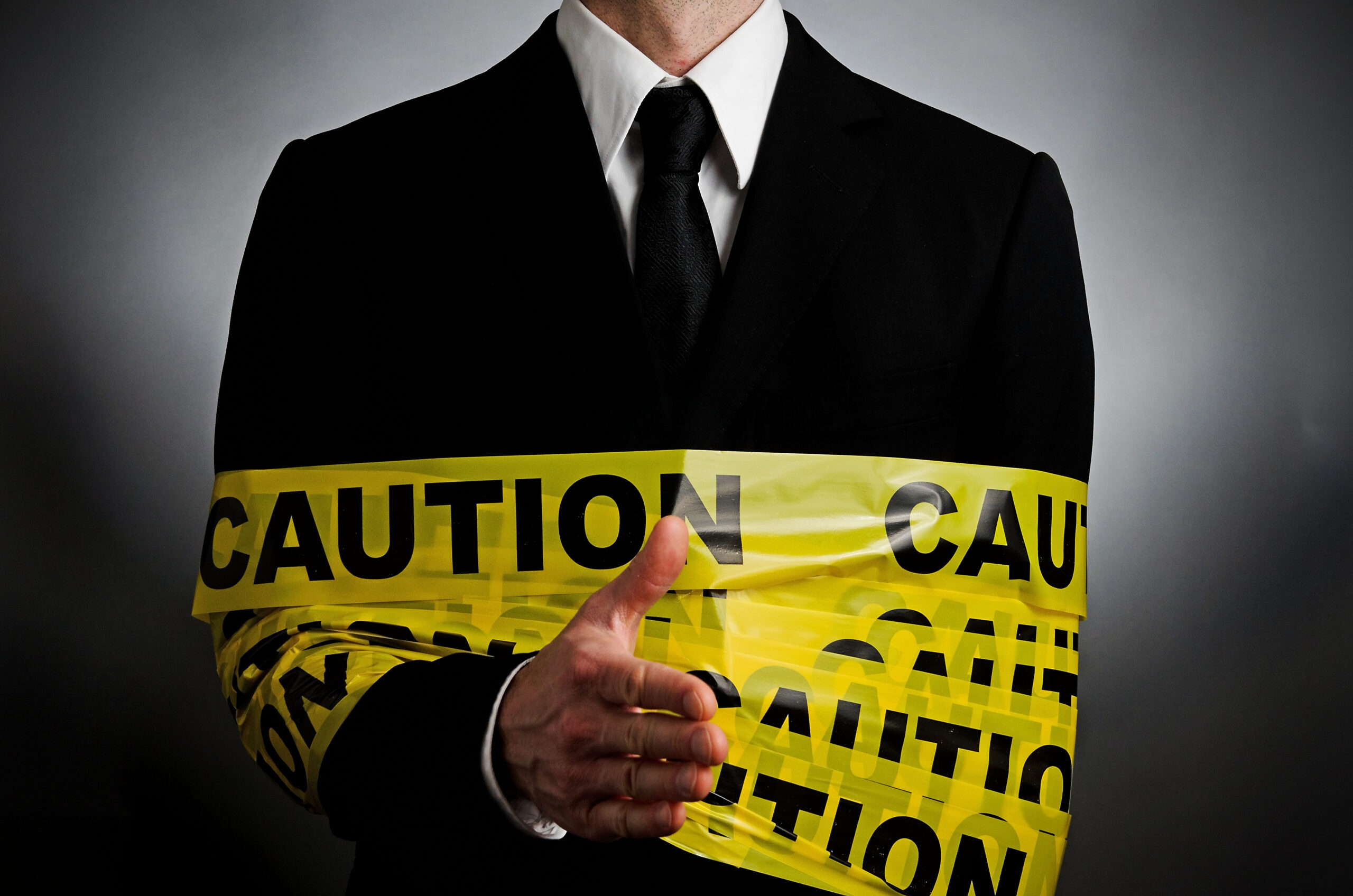Last week, a study revealed that eating just one freshwater fish caught in a river or lake in the U.S. is the equivalent of drinking a month’s worth of water contaminated with toxic “forever chemicals” (also known as PFAS). This is a terrible revelation to all who fish for sustenance or recreation in our nation’s rivers and lakes. In fact, the level of contamination for freshwater fish was found to be 278 times higher than PFAS levels in commercially sold fish.
It also brings into sharp focus how the corporations that manufactured and applied PFAS to products (such as non-stick pans, textiles, and food packaging) have avoided being held accountable in any way, even after the persistence and bioaccumulation of PFAS in the environment were known. This theme of corporations avoiding responsibility also “persists” in our wider political environment.
Another set of corporations, made up of large-scale and multinational fish companies, agribusiness companies, and pharmaceutical companies, is assuring us that they know best when it comes to raising fish in the ocean. They have lobbied our government to exploit our oceans for their profit, and have told decision makers that floating factory farms are “sustainable.”
Raising thousands of carnivorous finfish in large, floating animal feedlots brings with it a whole host of environmental degradation, harming our oceans, the wild fish populations, and the farmed fish, themselves. The fish feed can be laced with mycotoxins that harm fish (and likely the people who eat the fish too). The uneaten fish feed and fish waste can cause massive algal blooms. Crowded fish cages breed diseases like sea lice, which necessitate the application of toxic marine pesticides, harming fish and lobster, and incentivize the overuse of antibiotics.
Enough. Coastal communities know what’s best; instead of our government spending over $36 million since 2017 to help corporations take over our oceans, we could be spending that money on supporting family fishermen with improved seafood processing capacity, as well as supporting shellfish and seaweed farmers who are growing food the right way. Otherwise, we’ll be “forever” stuck with a mess, and those same corporations will have long left us for cleaner waters, nowhere to be found when the bill is due.

